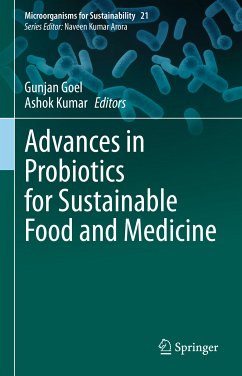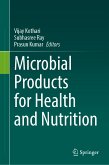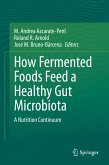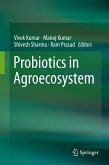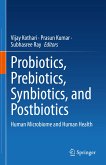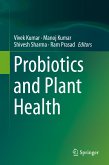This book focuses on probiotics as sustainable foods and medicines, discussing issues such as screening and identification of probiotics, health claims, and advances in processing technologies, as well as food safety. Based on sound scientific research, the book is a unique reference resource for food scientists interested in development of probiotic based functional foods and their marketing. It will also appeal to those working in the area of regulations regarding the use of and health claims for fermented foods, both locally and globally.
Dieser Download kann aus rechtlichen Gründen nur mit Rechnungsadresse in A, B, BG, CY, CZ, D, DK, EW, E, FIN, F, GR, HR, H, IRL, I, LT, L, LR, M, NL, PL, P, R, S, SLO, SK ausgeliefert werden.

